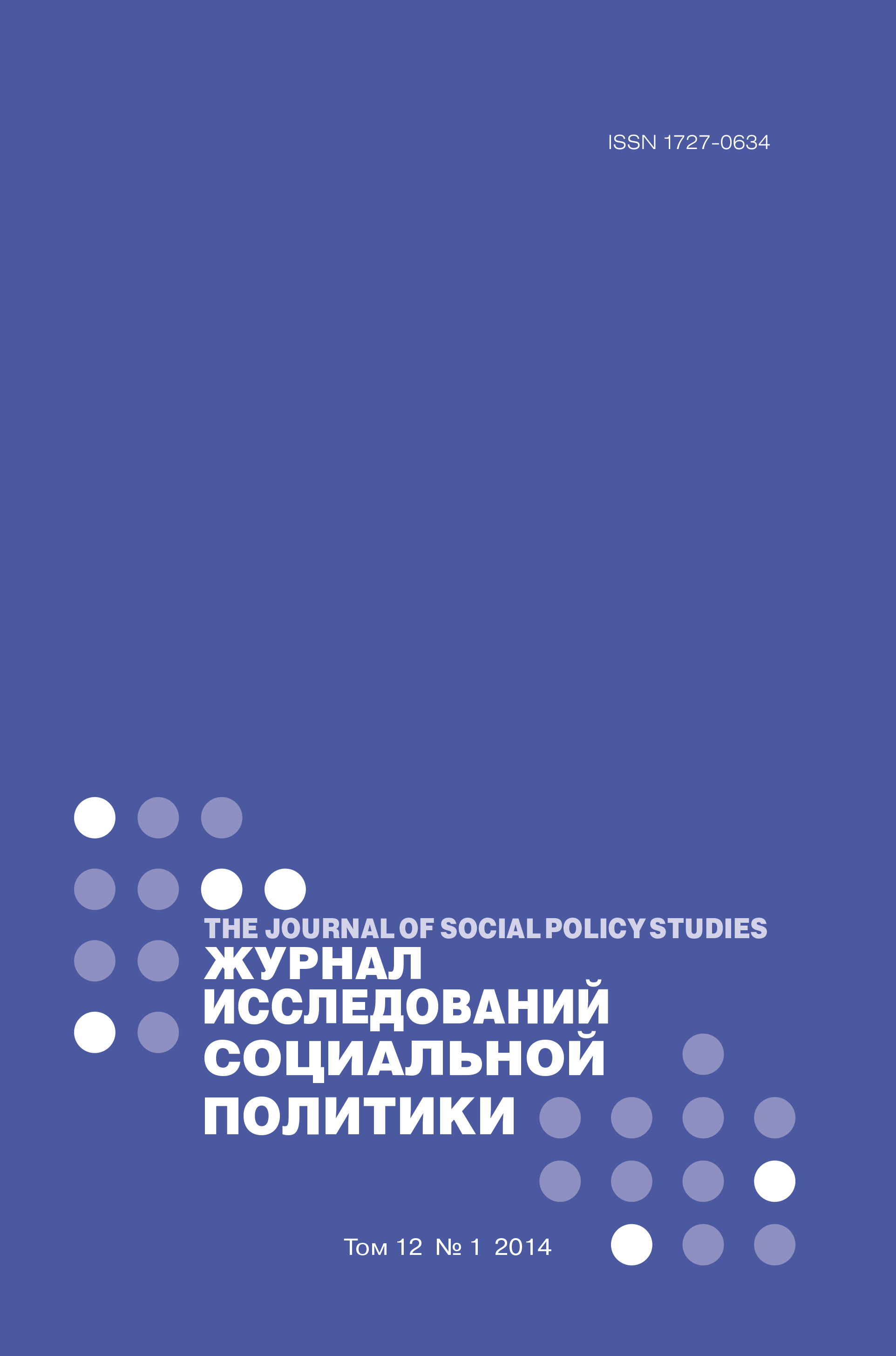The Social History of Dental Care in South of the Russian Far Eats in the Pre-Revolutionary Period
Abstract
This article attempts to examine the social importance of dentistry, as well as the attitude of the authorities to dentistry in the southern Russian Far East until 1917. For a long period of time, the dental care provided to the population of the Far East only involved teeth extractions performed by paramedics and physicians lacking specific dental training. The first dentists appeared in the Amur region only in the latter part of the 19th century and start of the 20th century.
In prerevolutionary Russia there were two titles for dental specialists: the term 'dentist' described those trained through apprenticeship with other specialists) and 'zubnoi vrach' (tooth doctor) describedd graduates of dental schools. In 1900 the title of dentist was officially abolished.
Historically in Tsarist Russia, the state was not responsible for the training dental personnel or the organization and financing of dental care. Dentistry was considered an independent branch of medicine, but was not considered to be a concern of the state or to be a matter of public importance by the authorities.
In the first decade of the 20th century in the southern part of the Far East, as well in other regions of Russia, dental care was predominantly private, with a direct calculation of the dentist’s services to the patient. Activists in thew local government of the Amur Region took the initiative in the organization of public dental care, which began the treatment and removal of teeth in the urban population. These procedures were paid for with a fee that was collected by the city council. Such processes in the Far East went hand in hand with similar initiatives in the European part of Russia.
From the beginning of the 20th century, within a short period of time of less than 20 years, the social significance of dentistry in Russia radically changed. By the end of 19th century, dentists were only to be found in the capitals of the empire, where they served the elite of the state only, providing "luxury" services. During the First World War dentists were employed in urban hospitals in the most remote areas of the country and provided dental care to all stratas of society.
The key role in these changes was not played by central authority, whose cumbersome bureaucratic machine was consistently not up to the challenge, nor by doctors, who saw dentistry as an unwelcome competitor for the allocation of funds. It also did not come from the population’s own concerns for their health but rather through the actions of local authorities involved in the organisation of factories and both city and county hospitals.















